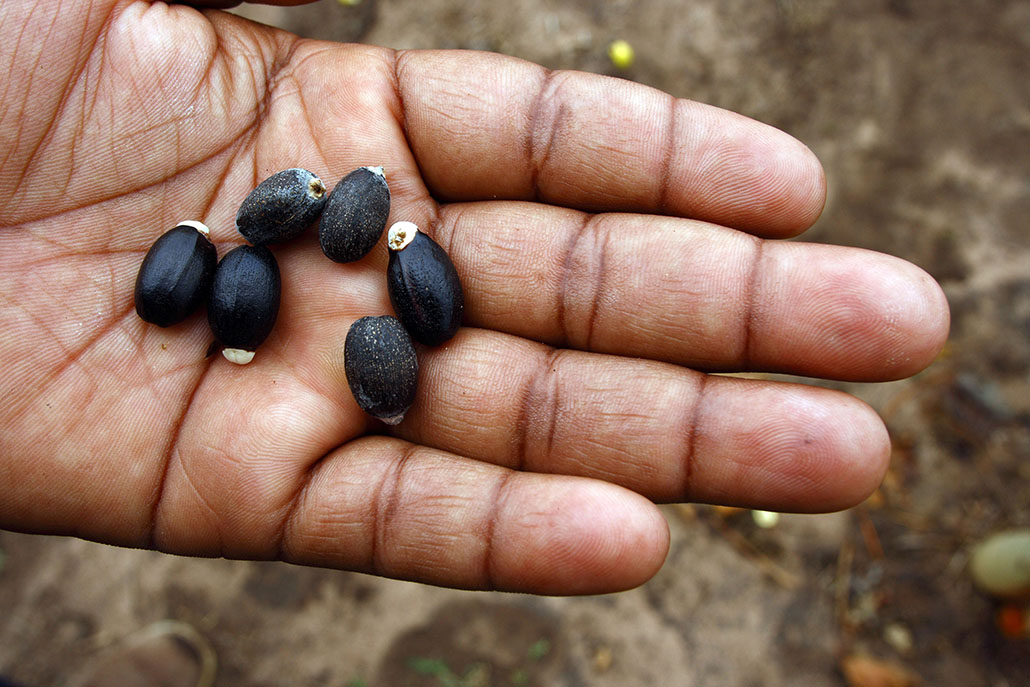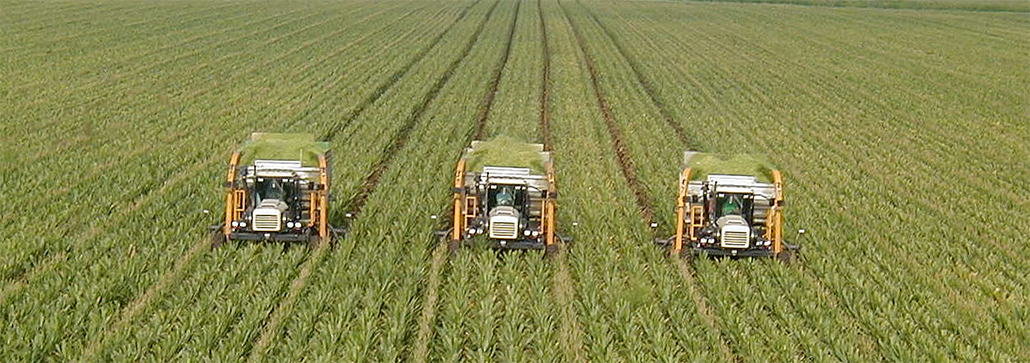Indian Energy Security and Biofuel Strategy
Place: India • Dates: 2009-10 • Partner: ADB
Project Summary
The emergence of biofuel energy offers the prospect of significant climate change mitigation, as well as greater energy independence for many countries. At the same time, biofuel represents an unusual precedent in economics, the possibility of substitution between two essential but very different commodities, energy and food. The first characteristic has dramatically heightened interest in biofuel production around the world. Intensified concerns about greenhouse gas stabilization and rapid innovation portend a booming new agribusiness energy industry, with pervasive induced effects on transportation and related sectors.
For lower income countries like India, fossil fuels pose two risks – global warming pollution and price inflation. Alternative energy development can address the former, but only some sources represent appropriate magnitudes to affect the latter. Because India imports over two thirds of its conventional energy fuels, it will remain a price taker in oil markets. Strategies for alternative transport fuel development, such as biodiesel from oil crops, need to be seen in this light. Biofuels have at best uncertain net effects on GHG emissions, and because they recruit (even marginal) agricultural resources, they can offer significant relief against rising conventional energy prices only if the combined direct cost of production and indirect cost of diverted agrifood resources.
In this report, we examine the evidence on emerging global energy price trends and assess alternative approaches India might take to the prospect of rising oil prices. In the context of biodiesel, even projects that could displace at 20 percent of domestic diesel supply, and therefore will have limited impact on energy price inflation. To offset this kind of adversity, especially for the poor, we examine two main alternative strategies, promoting energy efficiency and agricultural productivity. The former takes a demand- side management approach to energy scarcity (as well as GHG emissions), and is shown to promote both growth and rising domestic real incomes. The latter strategy aims to offset cost of living risks where the poor are most vulnerable, in agrifood commodities. Here we find that even modest improvements in agrifood productivity can offset adverse livelihoods effects of much higher energy prices, even promoting growth and higher real employment and wages in the process. The main conclusion of this analysis is that the best response to energy price risk, as well as fossil fuel emissions, may be more indirect than domestic fuel substitution. While there single policy can meet all needs for sustainable growth, efficiency and productivity oriented approaches to both energy and food scarcity should be seriously considered.
Most Recent Entries

Low Carbon Biomass Conversion in the Sierra Nevada






